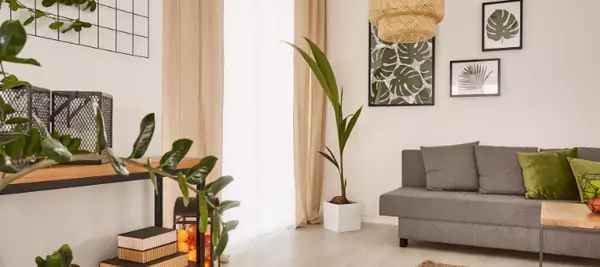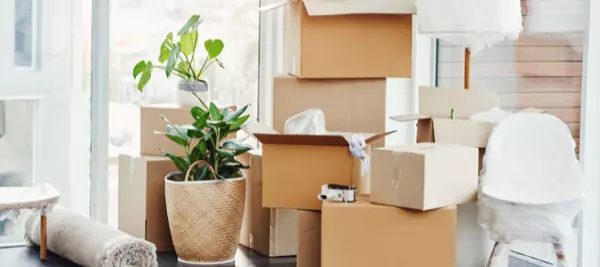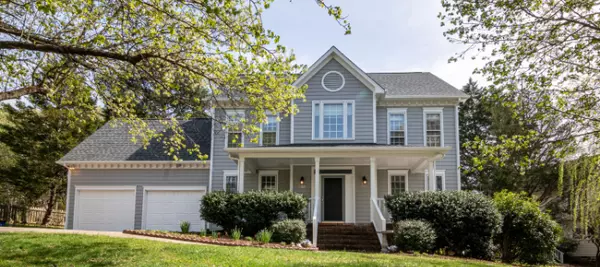-

Divorce and Real Estate Divorce is not easy, and it gets more complicated when the separating spouses own real estate together. Between dealing with excluded property, figuring out how to factor in the fair market value when dividing family property, and managing new mortgage payments, the added st
Read More 4 Easy Ways To Tell if a Property is Overpriced

4 Easy Ways To Tell if a Property is Overpriced. Given real estate market trends, a question that's becoming more and more common is "how can I tell if a house is overpriced?" and it's a fair one. As a prospective buyer, one thing you want to be wary of is the danger of overpriced homes. It's a cat
Read More-

6 At-Home Recycling Tips. Even though it's tiny compared to big companies, there are still ways to reduce the size of your carbon footprint. It's not just good for the environment, it can help you save some money at the same time too. Recycling, repurposing, and reusing isn't something that takes a
Read More How To Make Your Home Cozy For The Winter

How To Make Your Home Cozy For The Winter. Your HVAC system works fine, you're not overspending on your energy bills, and your light bulbs all work fine. So how do you make your home the ultimate cozy space during the winter? Creating a cozy home is more than just warm air, so keep reading for some
Read More3 Tips to Reduce Stress and Prepare for a Successful Home Sale

3 Tips to Reduce Stress and Prepare for a Successful Home Sale A lot of people talk about the stress of selling a house but not many take into account what goes through the heads of people selling their homes. So let's break down some of what can cause some of that stress and figure out how to get
Read MoreIs a Semi-Detached Home Worth It?
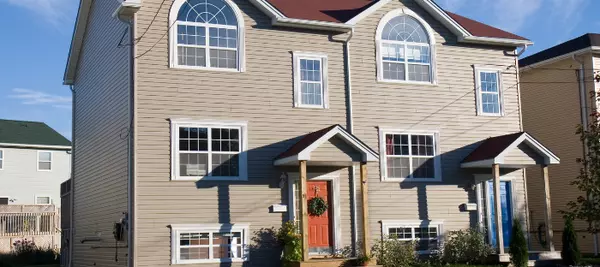
Is a Semi-Detached Home Worth It? In Canada, our housing situation is all over the place. The pandemic created a bump in the cost of building materials and that bump is being passed all the way to people looking to buy homes. If it was only that our problem would be relatively simple, but when you
Read More-

How Rain Damages Your Home. A lot of people love rain. It's calming, it makes plants almost glow with greenery in the spring, and it's a great reason to curl up with a book in hand. But everyone hates wood rot, standing water, and mould growth. Every homeowner should be aware of how well their prop
Read More Should You Use a Real Estate Agent To Find an Apartment?

Should You Use a Real Estate Agent To Find an Apartment? It's common for people to say that you should use a real estate agent when buying a house but should you use one if you're looking for an apartment? Finding an apartment can be a gruelling process. Finding the next apartment or, if you're in
Read MoreActivities To Do With Kids To Explore Your New Neighbourhood.

Activities To Do With Kids To Explore Your New Neighbourhood. For school-age kids, to say goodbye to the neighbourhood they knew can leave them feeling overwhelmed or feeling frustrated. Many kids adjust quickly but all kids can feel the stress of moving from one home to another. It takes more than
Read MoreBuying an FSBO Home - A Good Idea?

Buying an FSBO Home - A Good Idea? A For Sale By Owner (FSBO) home is a home that is for sale by the owner. This means that the owner is selling the home without the help of a real estate agent. A seller will put their home on the market, but not usually through the traditional multiple listing ser
Read More7 Must-Have Features for Your Ideal Home

7 Must-Have Features for Your Ideal Home Open floor plan living space. An open plan living space is a design in which the living room, dining room, and kitchen are all open to each other. This type of layout is popular because it allows for easy communication and interaction between family members
Read MoreHow New Developments Change Property Values.

How New Developments Change Property Values. Changes in property values seem scary to many homeowners, and with the volatility of the market always increasing it makes it hard to know if the value of your home is going to rise or wall. New developments as either new residential buildings or pieces
Read MoreHow to Find Your Dream Home—in 8 Easy Steps.

How to Find Your Dream Home—in 8 Easy Steps. Figure out what you want in a home. You might be looking for something containing five bedrooms, three bathrooms and two cars. Decide how many rooms you need, how much outdoor space you need, and what other things you will need to feel like you're not ju
Read MoreWhat Are The Worst Mistakes New Buyers Make?

What Are The Worst Mistakes New Buyers Make? What are the worst mistakes when buying a house? The home buying process is stressful, from house-hunting to signing on the dotted line. It's a financial, legal, and emotional process that involves tens of thousands of dollars just in processing fees alo
Read More7 Moving Tips to Make Your Life Easier.
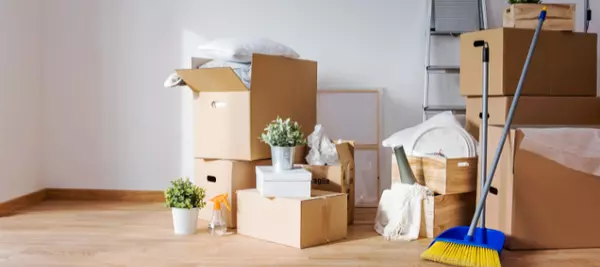
7 Moving Tips to Make Your Life Easier. Bubble wrap can be fun to work with and you might need it just for the stress relief when it comes to moving day. Moving is one of the most stressful things in life and for a good reason so here are some packing tips so you can save that bubble wrap as packin
Read MoreThe Ins and Outs of a Home Inspection.

The Ins and Outs of a Home Inspection. What should you expect from a home inspection? Many people find themselves, at some point in their lives, involved with purchasing a home. It's one of the most expensive and biggest investments you'll ever make. For this reason, it is extremely important to kn
Read MoreDo You Have The Right Setup at Home To Start Streaming?

Do You Have The Right Setup at Home To Start Streaming? Live streams have become a normal part of so many people's lives. When the barrier to entry as a streamer is relatively low, having a good setup will help kickstart a channel from single-digit viewers to creating a community of viewers. There
Read MoreThe Elements of "Modern" House Design

The Elements of "Modern" House Design. Modern architecture is sometimes synonymous with strange, cold, and unfeeling interiors made for robots to live in but the truth couldn't be further than that. The perception of modern architecture is the result of both personal taste, of course, and expectati
Read MoreRenting on Airbnb? Read These Tips First.

Renting on Airbnb? Read These Tips First. As people are starting to move around more, vacation rentals are picking up speed and more bookings than before. If you intended to become an Airbnb host, you will be competing on the most used platform for short-term rentals. That comes with its advantages
Read MoreIs Moving Into a Condo When You Have a House Crazy?

Is Moving Into a Condo When You Have a House Crazy? What is a condo? People often think they know what something means but then go on without actually understanding what it actually means, so to prevent that, let's go over what a condominium is. A condo is a type of living situation where the resid
Read More
Categories
Recent Posts

